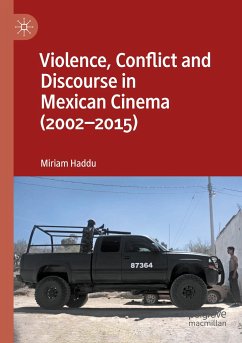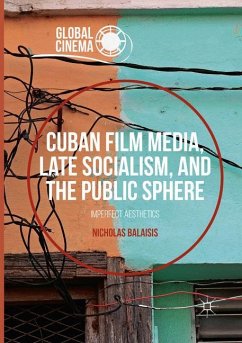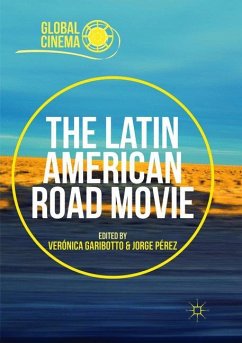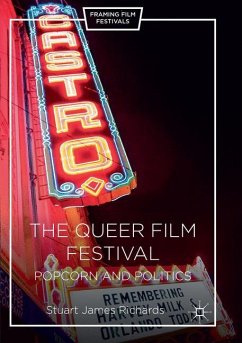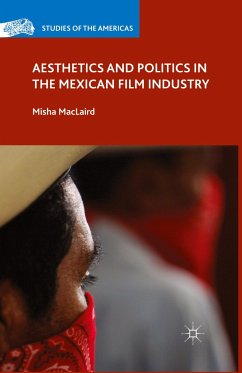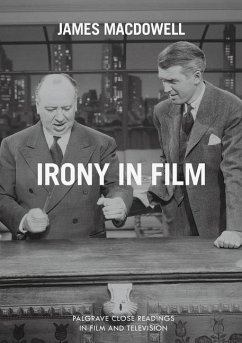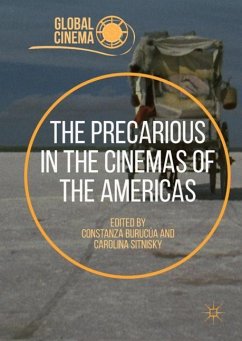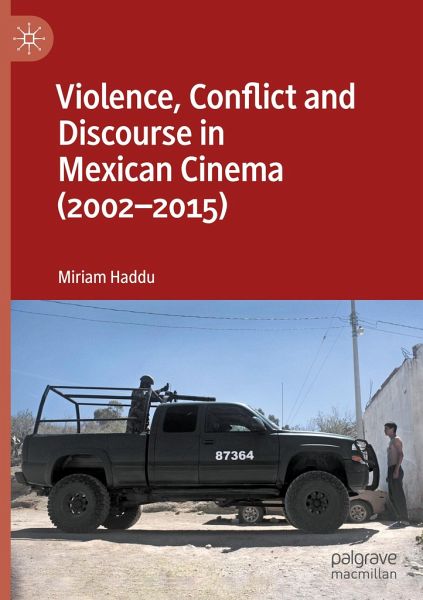
Violence, Conflict and Discourse in Mexican Cinema (2002-2015)
Versandkostenfrei!
Versandfertig in 6-10 Tagen
91,99 €
inkl. MwSt.
Weitere Ausgaben:

PAYBACK Punkte
46 °P sammeln!
The last two decades have seen dramatic changes to Mexico's socio-political landscape. A former president fleeing into exile, political assassinations, a rebellion in Chiapas, and the eruption of the so-called war on drugs provide key examples of critical events shaping the nation. This book examines Mexican cinema's representations of, and responses to, these socio-political moments. Beginning with the definitive year 1994, which saw the Ejército Zapatista de Liberación Nacional (EZLN) declare war on the Mexican government, the early chapters in this book discuss the outcome of these episod...
The last two decades have seen dramatic changes to Mexico's socio-political landscape. A former president fleeing into exile, political assassinations, a rebellion in Chiapas, and the eruption of the so-called war on drugs provide key examples of critical events shaping the nation. This book examines Mexican cinema's representations of, and responses to, these socio-political moments. Beginning with the definitive year 1994, which saw the Ejército Zapatista de Liberación Nacional (EZLN) declare war on the Mexican government, the early chapters in this book discuss the outcome of these episodes in subsequent years and how they find screen representation. The study then moves on to provide close readings of key filmic texts as reflections of the so-called narco-war and its effects on Mexican society. Focusing on both fiction and documentary filmmaking, this book explores notions of violence, victimhood, and the complex processing of grief in the context of enforced disappearances and the narco-conflict. In addition to examining films made in Mexico, this investigation incorporates the work of three of the nation's most celebrated transnational directors: Guillermo del Toro, Alejandro González Iñárritu and Alfonso Cuarón. By examining their work on European soil as a comparative exercise, the analyses offer an understanding of the imprints left by warfare and trauma upon the collective and individual psyche, seen from a universal viewpoint. Using rigorous theoretical frameworks and succinct filmic analyses, this book will be essential reading for those interested in Mexican and Latin American film, as well as those working in the fields of Cultural, Screen, and Trauma Studies.



